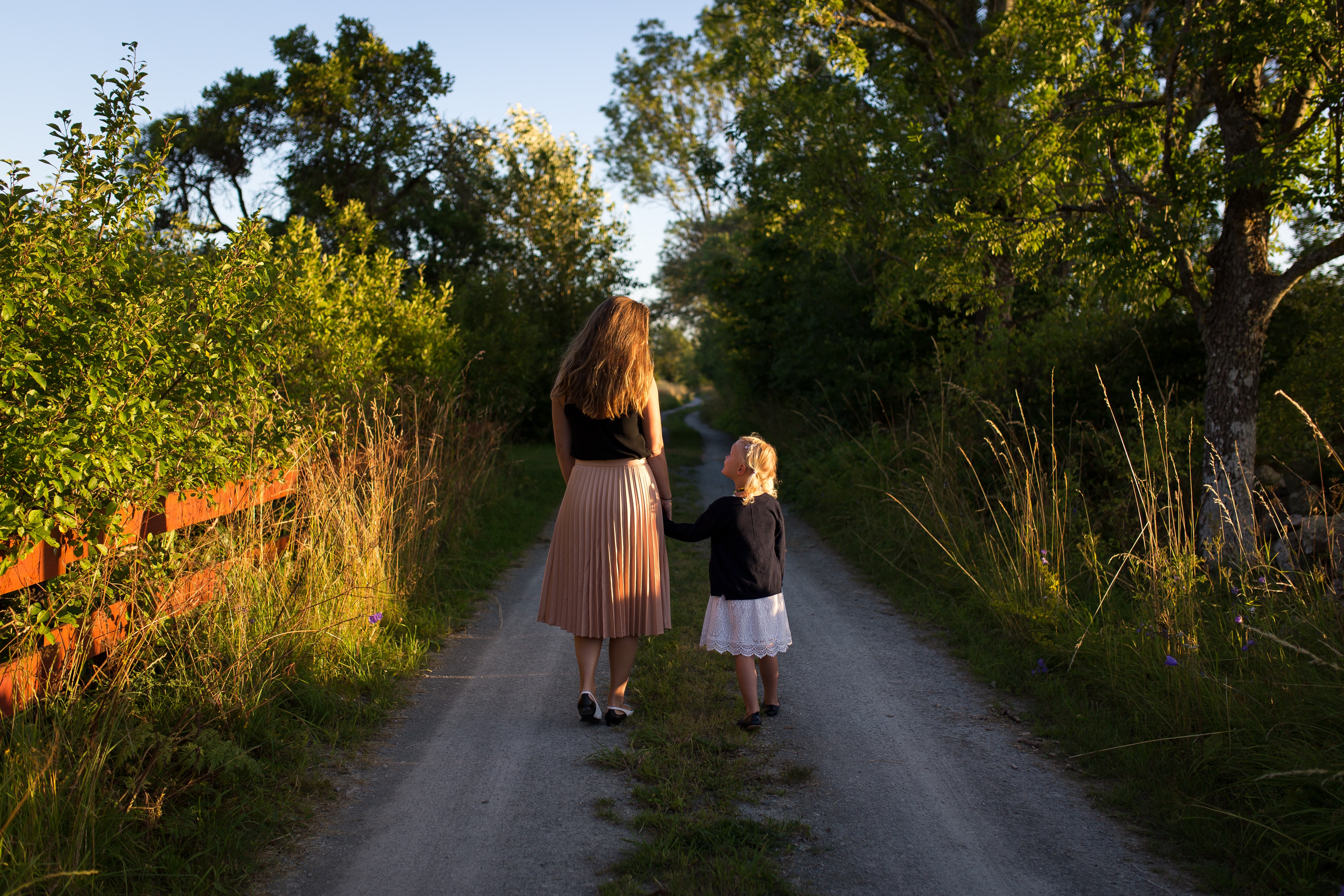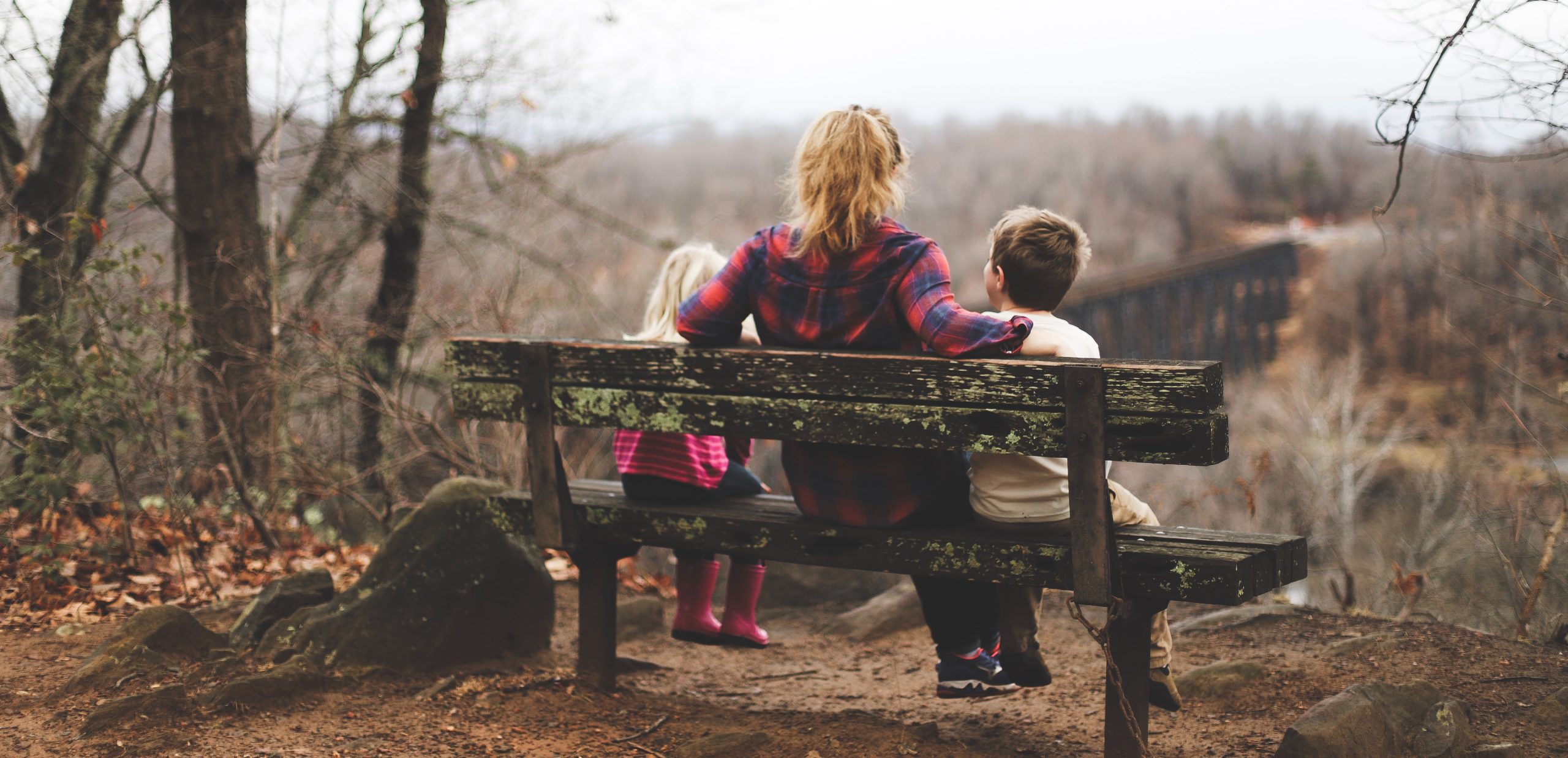You should talk to your child about sexual abuse through play without intimidation and threats. The conversation should follow the child’s questions and remarks and satisfy his need for security.
Parents have a lot of fears when it comes to this topic and often wonder if they should talk about it with children. They usually hide it under the carpet, wanting to avoid exposing children to unnecessary fear and inconvenience, because many children are not ready to understand the meaning of sexual abuse. When it comes to small children, parents think that they are under their control, and therefore, it is difficult for something bad to happen to them, so they should not be scared for nothing. Sometimes parents comfort themselves by thinking that these conversations should be led by someone else, such as preschool teachers who are trained to talk to children on various topics. Or they think that some other people in the child’s life can do the same, because they are not so emotionally invested in the relationship, e.g. grandmothers, or aunts.
Unfortunately, in the end, nobody from preschool or from other caring adults talks about sexual abuse with the child. Such conversation is left for a teenage period, or as research shows they usually don’t even happen.
As parents know, there are a lot of questions concerning this topic. That is why it is not bad to write them down because then we all somehow become aware that it is not easy for parents, and that they need support to share their doubts, fears, beliefs, hopes. Parents should know some things that are based on the experiences of people who work with child victims of sexual violence, as well as some findings of studies that deal with research in this area.

A child stays safe when he tells his parents about something that bothers him and when they understand that.
The first step is to call a spade a spade
There are people who leave children to stay alone for a long time, do not give them enough water and food, let them stay in front of the screen too much or do not allow them to play and socialize. They do this for a reason known only to them. When this behavior continues, you should know that such people neglect children. Such behavior has nothing to do with whether or not there is money in the family.
When it happens that someone intentionally injures the child’s body, hits him, puls his hair, so badly that bruises or cuts remain on the child’s body, and sometimes even comes to broken body parts, the child is exposed to physical violence.
There are people who intentionally hurt the child’s feelings. They say or do something to make him sad, make fun of him or make him feel uncomfortable and start thinking that he is bad. Then it’s emotional violence. When a child witnesses situations where adults hurt each other, either physically or emotionally and the child then feels scared, sad, worried – it is a case of domestic violence.
Even when the child is just present and watching what is happening, the child is a victim of domestic violence. In that case the soul hurts, but no one else sees the traces.
When someone forces and asks a child to do something with their body that embarrasses, frightens or worries them or forces them to do the same to another person by touching their private body parts or asking the child to show or look at someone else’s private parts, then it’s called sexual abuse. Sexual abuse also occurs when someone shows movies or pictures, books or magazines on television or a mobile phone with such content.

You should talk to your child about sexual abuse without intimidation and threats. The conversation should satisfy his need for security.
10 recommendations on how to have a conversation with a child about sexual violence
- Take everything your child tells you seriously and truly believe and respect his experiences and feelings.
- Don’t minimize, don’t cover up, don’t run away from the topic and don’t turn serious things into jokes.
- Talk to your child about personal boundaries, good and bad secrets, about different types of touching – the one that is comforting and the one that isn’t.
- Teach and show them that their body belongs only to them.
- Explain to them that feelings are important and that they need to follow their inner voice. You can do this best by recognizing, naming, and managing your own feelings first.
- Teach them that they have the right to say NO or “I don’t want to” and that they have the right to run away, scream, run when they are in danger.
- Explain to a child that the private parts of the body are the ones covered with underwear or a bathing suit.
- Children need to know that there are good and bad secrets. Good secrets refer to birthday gifts, keeping information about surprise summer trips, preparing for the arrival of a new family member. A bad secret is one in which the child has to promise not to say something, and that something does not please him, worries him, scares him, makes him sad, confuses him, creates unrest. When a child trembles for fear of the secret he should keep, then it is a bad secret.
- Explain to the child that any authority can collapse if it is built on something that authority does which makes a child feel scared, sad, ashamed.
- A child should know that he will never be blamed by his parents if he has experienced the violence, just as he should know that parents are the first to contact if something goes wrong.

The talk about sexual abuse is usually left for a teenage period, but research shows that in the end, it doesn’t even happen.
You can achieve all this by mutual upbringing and by not letting this be a topic for your family that you leave for tomorrow.
You should talk to your child about sexual abuse through play without intimidation and threats. The conversation should follow the child’s questions and remarks and satisfy his need for security. It is good to use picture books and toys. A child stays safe when he tells his parents about something that bothers him and when they understand that. When he doesn’t get accusations that he’s just guilty of something that happened.
In that way, the child feels satisfied, safe and learns to take care of himself. Later in life, he relies on that experience, and then the seed that is sown in the family, gives birth to security and equips the child with tools for life that is beautiful, but which, as we adults know, can also be complicated.

















